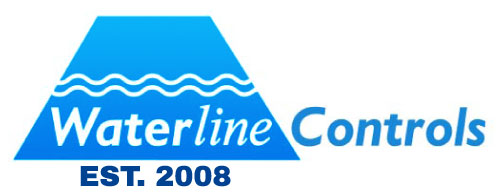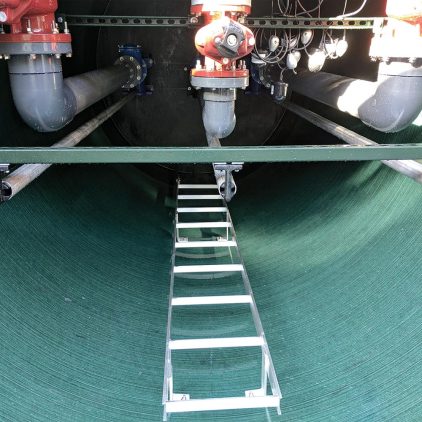Water Management in Agriculture
Here’s a focused overview of Water Management in Agriculture, emphasizing its critical role in sustainability, food security, and climate resilience. Read on to learn more.
🌾 Water Management in Agriculture
Agriculture is the largest consumer of freshwater globally, accounting for about 70% of total withdrawals. Efficient water management in agriculture is essential not only for maximizing crop yields but also for conserving water, protecting ecosystems, and adapting to climate change.
💧 1. Optimizes Irrigation Efficiency
-
Efficient irrigation systems like drip and sprinkler systems minimize water loss compared to traditional flood irrigation.
-
Technologies such as soil moisture sensors and automated irrigation controllers help farmers apply the right amount of water at the right time.
-
Scheduling irrigation based on weather data and crop needs reduces waste and enhances productivity.
🌱 2. Improves Crop Yields and Food Security
-
Consistent and adequate water supply is vital for healthy plant growth and high yields.
-
Reducing water stress improves crop quality and nutritional value.
-
With climate variability increasing, managing water well helps farmers maintain reliable harvests.
🌍 3. Conserves Water Resources
-
Good water management reduces over-extraction of rivers and aquifers, preventing depletion and ecosystem damage.
-
Practices such as rainwater harvesting, mulching, and cover cropping reduce the need for external water sources.
-
Water recycling and reuse, especially of treated wastewater, is gaining importance in arid regions.
⚠️ 4. Builds Climate Resilience
-
With increasing droughts and erratic rainfall, water management helps buffer farms against climate shocks.
-
Drought-resistant crops, efficient irrigation, and storage solutions like farm ponds allow agriculture to adapt to changing water availability.
-
Agroforestry and permaculture systems improve water retention in soil and landscapes.
🧪 5. Reduces Soil Degradation and Runoff
-
Overwatering can cause soil erosion, salinization, and nutrient leaching.
-
Controlled water use protects soil health and reduces chemical runoff into water bodies.
-
Water-smart farming helps maintain long-term land productivity.
🌿 6. Supports Sustainable Agriculture Practices
-
Integrating water planning with crop rotation, organic farming, and precision agriculture fosters sustainability.
-
Encourages farmers to consider ecosystem services such as groundwater recharge, wetland preservation, and pollinator habitats.
🧩 7. Informs Policy and Infrastructure Development
-
Effective water governance supports farmers through subsidies, training, and infrastructure investments (like canals, wells, and dams).
-
Community-based water management (e.g., irrigation cooperatives) empowers local stakeholders to manage water collectively.
-
Data-driven tools (remote sensing, GIS) help governments plan and monitor water use.
✅ Conclusion: A Cornerstone of Sustainable Farming
Water management in agriculture isn’t just about using less water—it’s about using it smarter. With growing global food demands and tightening water supplies, efficient agricultural water management is key to securing our future.
Waterline Controls™
Our level sensors and controls aren’t just for use in residential potable water holding tanks; some of the other applications include cooling towers, sump pumps, wastewater, boilers, water storage tanks, and building fire protection water tanks.

